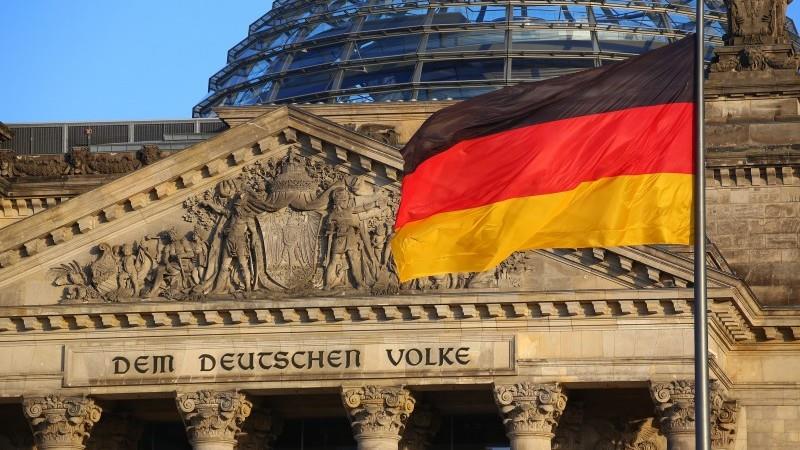
German Economy Still Stuck In Recession
We continue to expect the German economy to remain at a de facto standstill
And it's a wrap. The just released official GDP results show that the German economy shrank by 0.3% quarter-on-quarter in the fourth quarter of 2023. The year 2023 was the first full year since 2020 in which the German economy contracted (by -0.3% year-on-year). The GDP numbers from previous quarters were revised. As a result, the German economy has just avoided a technical recession (ie two consecutive quarters of contraction). But with an average quarterly growth rate of 0% QoQ since the second quarter of 2022, the German economy is anything but fast-growing. The best way to describe the state of the German economy is probably that it is in a shallow recession. In fact, the economy remains stuck in the twilight zone between recession and stagnation.
Closing 2023 but 2024 hardly looks any betterThe year 2023 was another turbulent one, with the economy in permanent crisis mode. In fact, since 2020, there has been a long list of crises and challenges facing the German economy: supply chain frictions resulting from the pandemic lockdowns and war in Ukraine, an energy crisis, surging inflation, tightening of monetary policy, China's changing role from being a flourishing export destination to being a rival that needs fewer German products, and several structural shortcomings. A combination of geopolitical risk events, cyclical headwinds but also homemade deficiencies. In light of so many challenges, some take comfort in the fact that the economy is“only” stuck in stagnation and has avoided a more severe recession.
Looking ahead, at least in the first months of 2024, many of the recent drags on growth will still be around and will, in some cases, have an even stronger impact than in 2023. Just think of the still-unfolding impact of the European Central Bank's monetary policy tightening, the potential slowing of the US economy or new uncertainty stemming from recent fiscal woes. A recent illustration of the longer-term impact of energy prices, higher interest rates and changing economic structures is the gradual increase in insolvencies since mid-2022. But the ongoing sharp drop in new orders in the construction sector doesn't bode well either. To make things worse, the new year brought new problems for the German economy: strikes by train drivers, and supply chain disruptions as a result of the military conflict in the Red Sea have made another contraction in the German economy in the first quarter of the year even more likely.
It does not look as if the German economy will leave the twilight zone between recession and stagnation any time soon.

Legal Disclaimer:
MENAFN provides the
information “as is” without warranty of any kind. We do not accept
any responsibility or liability for the accuracy, content, images,
videos, licenses, completeness, legality, or reliability of the information
contained in this article. If you have any complaints or copyright
issues related to this article, kindly contact the provider above.


















Comments
No comment